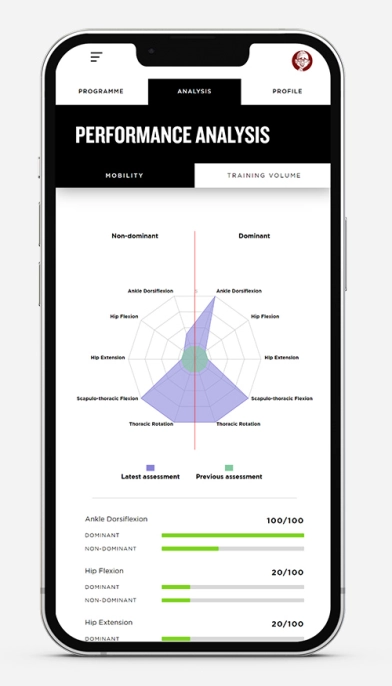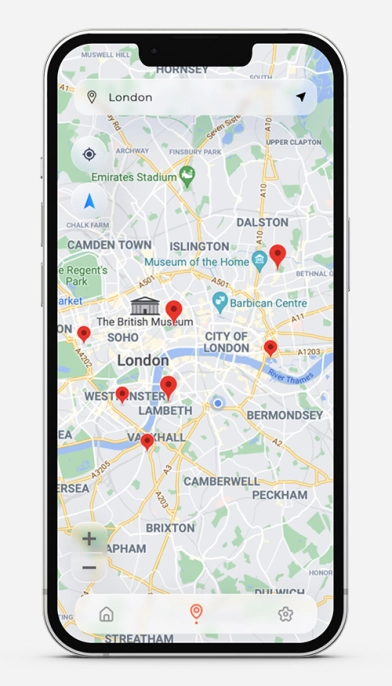In today’s world technology is at the forefront of everything, or at least for most of what we do. Social attitudes are changing, the way we communicate is changing, and the way we conduct business is changing. The fact of the matter is - it has already changed. Originally technology was seen as a barrier to social and even family time, with teenagers and young men and women shutting themselves away on a PC. Now technologies such as smartphones and tablets are actually helping increase the time that people spend with their families, sitting in front of the TV multitasking on their smartphone or tablet, with PC sales declining as a result. Everybody is socially connected in some way through technology.
People are now filling their time with these “digital Swiss army knives” by surfing on the internet from playing games and banking, to planning their diet and writing important business documents, all whilst watching TV ads, travelling, or even sitting in a waiting room at the doctors to name a few. Reading a newspaper on a train is becoming obsolete as more and more people now just read the news on their phones, some people now even sleep with their phone next to them and monitor their sleep patterns.
Devices such as portable CD players, disposable cameras, flashlights, GPS alarm clocks, voice recorders, electronic dictionaries, electronic organisers, calculators and guitar tuners are all devices that have been made obsolete and consolidated into 2 devices that save space and time.
This change in technology is driving the rise in sales of tablets and smartphones which are also starting to slow down the sales of PC’s. “In June 2011, the International Data Corporation was forecasting that by 2015 total world PC shipments would rise to 541.5m. Now, it reckons the total will instead be 318.2m - a 41% cut on its earlier expectation” (the guardian 2013). Furthermore,
Sales of “Tablets to Grow 53.4% This Year, As the Traditional PC declines 11.2%” (Gartner 2013)
1 in 5 people who have a smartphone also have a tablet despite the overlap in functionality. Even though the technologies achieve the same things, more people are now rating a tablet over a PC.
The ease of use with these technologies are even influencing children as young as 2 years of age, “Nearly a third of children now learn to use a mobile phone or a tablet computer before they can talk, Some 29 per cent start using the gadgets as toddlers, with 70 per cent mastering them completely by primary school age”. (Daily mail 2013)
This is an indication of how important it is to have an online presence going into the future for the current and future generations. Typical marketing models have been revisited to understand a shift in buyer behaviours such as the Zero Moment of Truth (ZMOT) Find out more.
This outlines the importance of having an online presence as the typical marketplace is now shifting from the “high street” to the “istreet” where eventually the majority of business will be conducted online. Already,
“90% check your website before emailing or calling you” (Salesforce desk).
“Companies that prioritize the customer experience generate 60% higher profits than their competitors” (Deskfacts). With the recession, people are now rating higher quality customer service and customer interaction. This is very important and could contribute to companies becoming more successful.
With tablets and smartphones on the up and up, and more and more people being connected through said devices, can your business afford not to have an online presence that will increase the user experience with mobile responsive web design? It is becoming more apparent that tablets and smartphones have changed the way we live forever, from social attitudes, to entertainment and communication, all the way through to medical and business functions.
Our paper on mobile responsive web design will help you find out how this can benefit your business.





